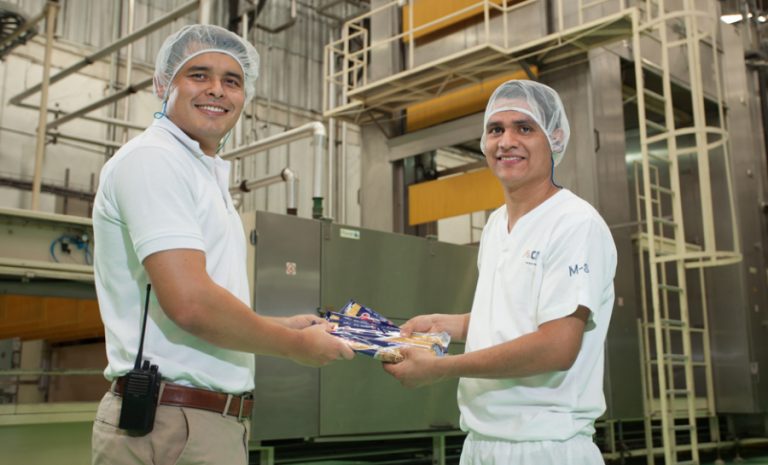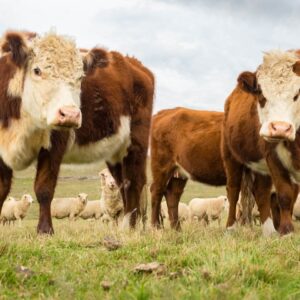One of the largest and most important food groups in the Central American region, CMI Alimentos makes sustainable food products based on the experience of CMI Capital. The latter is the business unit in which impact investments are generated that promote sustainable development.
Corporación Multi Inversiones (CMI) is a multi-Latin corporation that has been providing economic, social and environmental value to the communities in which it operates for more than 100 years, and is committed to generating sustainable development.
CMI Alimentos is one of the most important food categories in the region. Its activities include: Wheat and corn flour mills, pasta and biscuit production, chicken, pork, processed meats and sausages, balanced feed for animals and pets. In addition, they have the restaurant sector, which includes the successful Pollo Campero and Pollo Granjero, among others.
The primary mission of CMI Alimentos is to “feed the world to fill it with well-being”. What this includes are the development of environmentally friendly processes and practices, as well as initiatives that promote energy efficiency. In addition to the reduction of the carbon footprint and the integration of renewable energy sources in various foods. plants, with the support and experience of CMI Capital.
CMI Capital, with more than 25 years of experience, is one of the main generators of renewable energy in the region. It now has a total installed power capacity of 813 MW, of which 317 MW are for hydropower production, 324 MW are for wind power generation, and 172 MW are for solar power production.
CMI Alimentos has adopted environmental precautions
CMI Alimentos is committed to improving energy efficiency and reducing its carbon footprint. In this way, it plans to achieve its goal of being an environmentally friendly food company.
Lisa Juan José Gutiérrez Mayorga details some examples of the application of sustainable processes carried out by the corporation that the successful businessman himself directs:
2 Carbon Neutral plants, which allows them to evaluate, reduce and offset the amount of carbon emissions generated by their activities.
- The flour plant in El Salvador was the first to obtain Carbon Neutral accreditation, reducing carbon emissions by 10% in 2021 compared to the previous year.
- Costa Rican flour plant that has been Carbon Neutral for 8 years and has stopped generating more than 5,750 tons of CO2 since its start-up.
- Implementation of energy management techniques, such as the installation of solar panels and the use of new natural carbon certifications.
With these actions, CMI Alimentos expects to avoid an annual emission of 887 tons of carbon dioxide in 2022. This would be the result of all its activities and sustainable food production, which is comparable to the total emission of 268 households.




